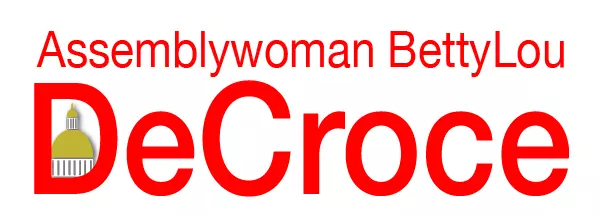DeCroce bill helping smaller businesses use digital currency advances
DeCroce: Governor’s Budget Proposal Offers Record Spending and Nothing for the Middle Class
February 25, 2021DeCroce bill requiring state to stockpile PPE advances to governor
March 5, 2021The Assembly Science, Innovation and Technology Committee advanced legislation to help facilitate the use of blockchain technology for more businesses throughout the Garden State.
The bill (A320), sponsored by Assemblywoman BettyLou DeCroce, directs the state to review and approve a blockchain-based payment platform for state-approved businesses without access to traditional financial services and operating mostly in cash, so they are not excluded from digital commerce.
“As more and more transactions are being done online, helping small businesses adopt blockchain technology safely to improve their business models is going to require the state to take action,” said DeCroce (R-Morris). “Large companies like Microsoft and Walmart have embraced this technology and we need to make this available to all companies, not just big box stores.”
The platform envisioned under this bill must facilitate regulatory compliance, provide for state audits, and allow for sales tax payments to local municipalities.
Today, blockchain technology, which increases security and transparency, can be applied to everything from business contracts to payment methods to supply chain management. Consumers, businesses and large enterprises alike are jumping on board to take advantage of the innovative technology and its incredible benefits.
Blockchain is a ledger where transactions of cyber currencies, such as Bitcoin, are recorded. It works like a chain of digital blocks that contain records of transactions. Each block is connected to those before and behind it, making it difficult to tamper with because a hacker would need to change the block containing that record and all those linked to it to avoid detection.
Blockchains are kept in peer-to-peer networks that are continually updated and kept in synchronization. Records are secured through cryptography and participants have their own private keys that act as personal digital signatures. Each bitcoin is digitally signed each time it travels from one owner to the next.
Lawmakers formed a task force last session to study how blockchain can be used for government record-keeping and service delivery.

